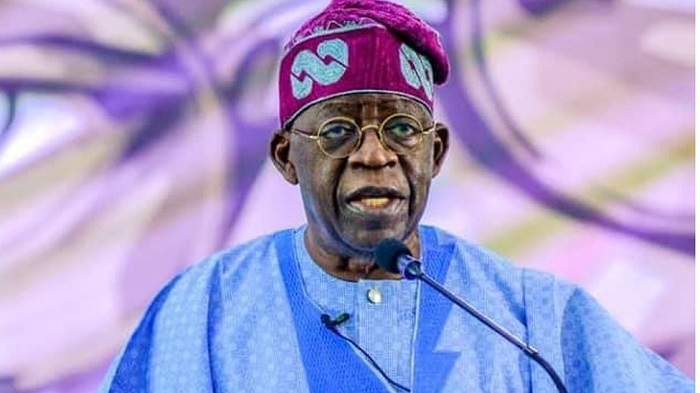Tinubu Poised for Victory, Leads in 20 States

Early results from the 2023 Presidential Elections have shown the Presidential Candidate of the APC in an early lead even as 20 states of the 36 states have released their results. As of 7.07 am on the 28th of February, APC had pulled about 4,623,004 votes followed by Atiku Abubakar of the PDP with approximately 3,184,351 votes, and Peter Obi of the LP with 1,668,847.
Of the released results, Tinubu has recorded victories in Ekiti, Ogun, Oyo, Ondo, Jigawa, Niger, Zamfara, and Kwara states. Atiku of the PDP had recorded victories in Osun, Akwa Ibom, Sokoto, Kaduna, Katsina, Gombe, and Yobe. In contrast, the LP had recorded wins in Abia, Enugu, Cross River, Nassarawa, and Lagos with the NNPP recording victory in Kano state.
Counting is ongoing even as opposition parties have expressed concerns about the collation process. On Monday, the PDP agent at the National Collation Centre, Dino Melaye alongside the LP agent and 8 other party agents staged a walkout of the National Collation Centre.
Also Read: In 2023, let’s focus on the productive resilience of Nigerians
In numerous locations, the electoral process has been marred by logistical and technological challenges that have led to the failure to directly upload polling units’ results to their result viewing portal (iREV), as previously pledged by the Independent National Electoral Commission (INEC) to ensure transparency. Although there is no legal obligation to do so, due to the failure of the electoral commission to fulfill its commitment, the results had to be manually collated at ward and local government counting centers, as was done in previous elections.
The election which was a logistical nightmare was due to begin at 8.30 with voting expected to end at 2.30 pm. However, according to YIAGA Africa, only 27% of the polling units had seen INEC officials at 8.30 am on election day. While the election was relatively peaceful, there were incident reports in different parts of the country, as voting had to continue on the 26th of February.
Also Read: ICT Accounted For 16.22% Of Nigeria’s Real GDP in Q4 2022
Thabo Mbeki, the Chairperson of the Commonwealth Observer Group, stated that the elections were relatively peaceful despite facing administrative and logistical challenges at various polling units.
Also, the conduct of the 2023 presidential and national assembly elections in Nigeria has been criticized by a coalition of international election observers who have attributed the lack of transparency to INEC. Joyce Banda, the leader of The Joint Election Observation Mission (JEOM) said in an official gazette that was released yesterday.







